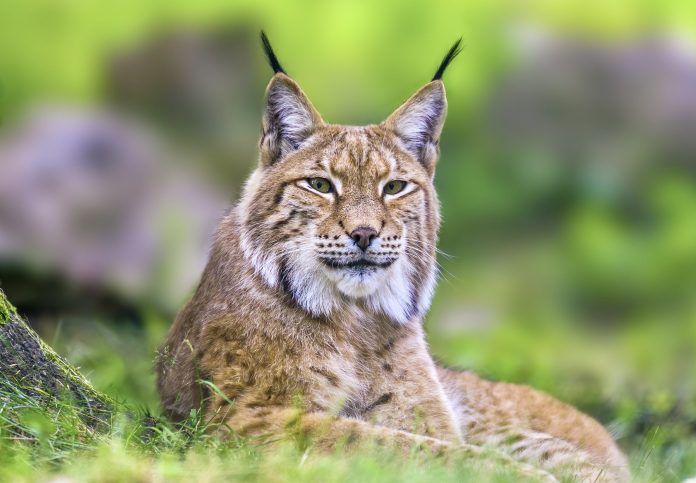
U.S. Forest Service Scraps Destructive Logging Project In Utah’s Ashley National Forest
You can help all animals and our planet by choosing compassion on your plate and in your glass. #GoVeg

You can help all animals and our planet by choosing compassion on your plate and in your glass. #GoVeg